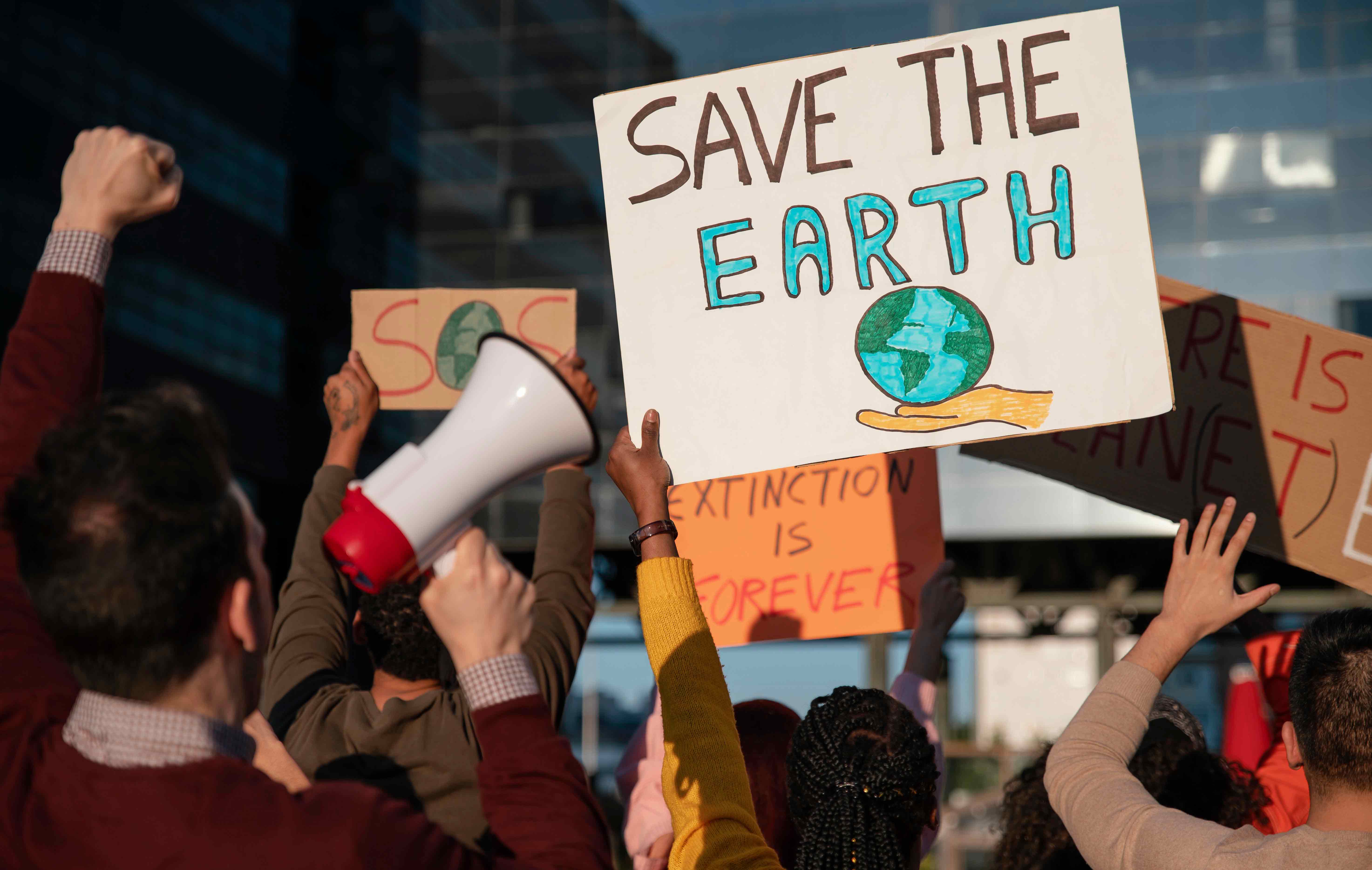
General public
Give tobacco users an extra reason to quit. Quitting tobacco benefits your health and the environment.
Support policy action around ban on single use plastics which include cigarette butts, smokeless tobacco pouches and electronic waste.
Raise awareness of the tobacco industry’s greenwashing tactics.
Support governments on additional levies/taxes on industry to protect the environment.
Youth and future generations
Advocate for 100% tobacco free schools to protect children and youth from exposure to direct, secondhand and thirdhand smoke.
Start or join a movement to protect the environment. Raise awareness about the environmental impact of tobacco and sensitize the public, in particular the youth.
Support the reduction of chemicals, including the carbon footprint to protect the younger generation for the ill effects of environmental tobacco waste.
Reduce the number of tobacco retail stores.
Ministries and policymakers
Impose the Extended Producer Responsibility policy principle on the tobacco industry to hold them accountable for the cost of cleaning up tobacco product waste.
Impose an environmental tax levy on tobacco manufacturers, distributors and consumers, across the supply chain for carbon emissions, air pollution and other environmental costs.
Implement tobacco control (MPOWER measures) to minimize the environmental impact of tobacco.
Support tobacco farmers to switch to alternative, sustainable livelihoods, in line with Articles 17 and 18 of the WHO Framework Convention on Tobacco Control.
Advise governments on how to leverage the Conference of the Parties of International Climate in Cairo in November 2022 to collaborate and advance the tobacco control agenda in line with World No Tobacco Day.
Nongovernmental organizations and civil society
Raise awareness of the environmental impact of tobacco across the life cycle from cultivation, production, distribution, use and waste.
Showcase the tobacco waste problem in public spaces and communities.
Raise awareness of the benefits of switching to different crops and how it is linked to tobacco control more broadly.
Advocate for national bans on single use plastics.
Expose tobacco industry tactics and efforts to “greenwash” their reputation and products by marketing themselves as environmentally friendly.
Tobacco farmers
Switch to sustainable and environmentally friendly crops providing a greater return on investment in terms of health and wealth.
Academia and intergovernmental organizations including UN agencies and development banks
Collect data on water use, deforestation, and the lethal and environmentally degrading chemicals in tobacco products and the environmental harm of these components on soil, drinking water, human and animal health.
Estimate the total impact of tobacco product waste as well as the total environmental impact of one tobacco product.
Raise awareness of projects in tobacco growing countries, for example in Kenya where hundreds of farmers successfully switched to alternative crops, as well as deforestation and climate change projects in East Africa.
Raise awareness of the linkages between environmental impact of tobacco and health outcomes, linking it to adverse development outcomes.
Remind stakeholders that accelerated implementation of the WHO Framework Convention on Tobacco Control is a Sustainable Development Goal 3 target 3.a.
Related links
Sustainable Development Goal 3
WHO Framework Convention on Tobacco Control


